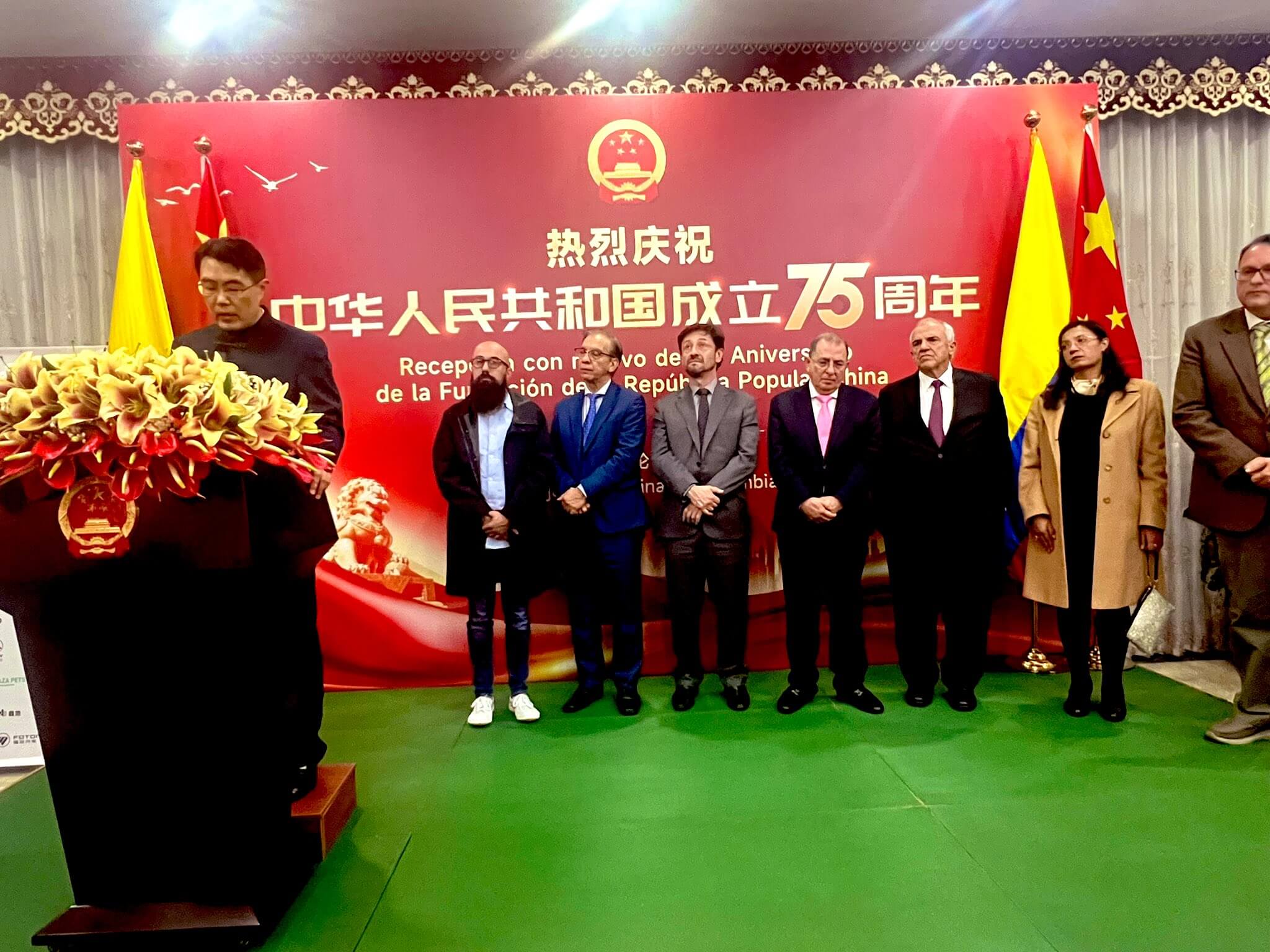Colombia announces it will join the Belt and Road Initiative
Photo: Jorge Rojas’ X account.
The recent statement by Colombia’s Deputy Foreign Minister, Jorge Rojas, regarding the country’s inclusion in China’s Belt and Road Initiative marks a significant diplomatic shift in the relationship between the two countries. Although Colombia has not yet formalized its accession to the project, Chinese influence has been steadily increasing in recent years, particularly in infrastructure and mining. Chinese companies have won major contracts, such as the construction of Bogotá’s first metro line, despite tensions surrounding the project’s design.
This move reflects Colombia’s geopolitical strategy to diversify its international alliances beyond its traditional reliance on the United States, its main commercial and military partner. President Gustavo Petro’s administration has sought a more balanced approach, which may create friction with Washington, given the growing consensus in the United States that China is a geopolitical adversary.
The increase in Chinese investments in Colombia, which tripled between 2021 and 2022, has heightened both countries’ interest in strengthening their diplomatic and commercial ties. This trend had already been promoted by previous presidents, such as Juan Manuel Santos and Iván Duque, who sought to negotiate a Free Trade Agreement with China. However, the current context presents challenges, as Colombia will need to navigate the influences of major powers and manage its strategic position on the global stage.
Main source:
Colombia anuncia que se sumará al gran plan estratégico de China, la Nueva Ruta de la Seda – El País.

